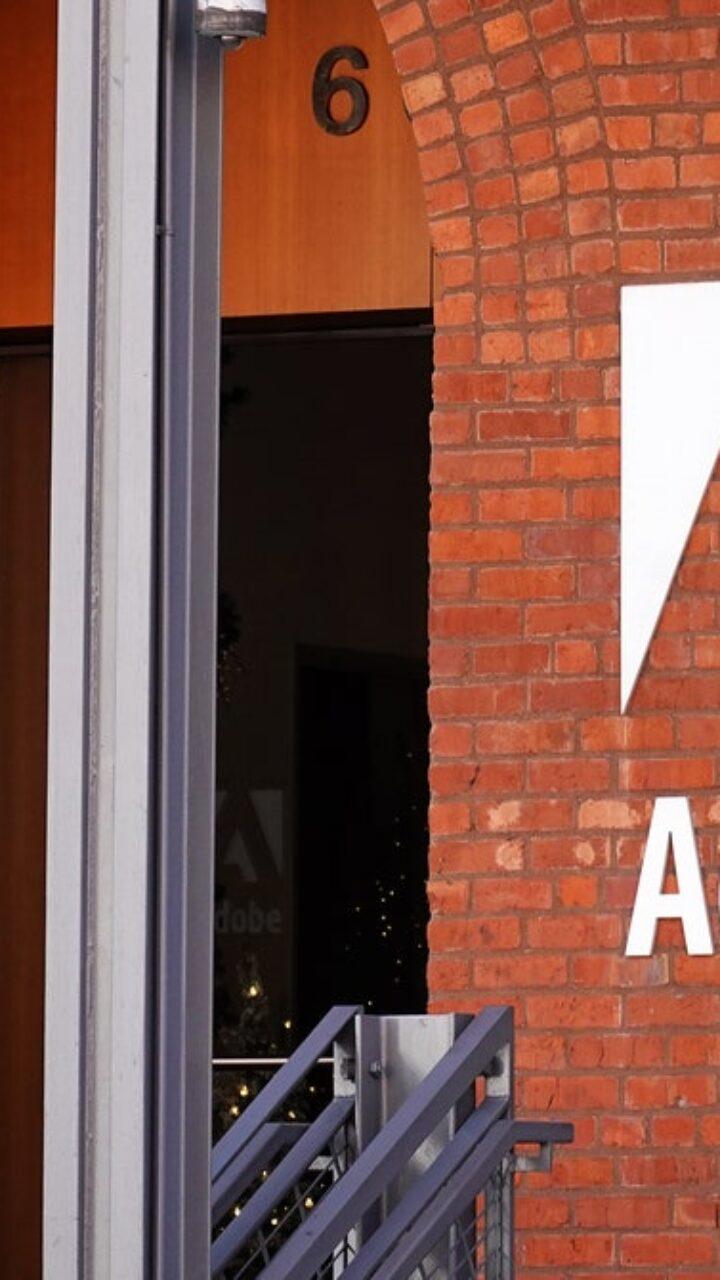Adobe, the software giant known for its industry-leading products such as Photoshop and Illustrator, recently announced that it has no intentions of training its artificial intelligence (AI) using artists’ work. However, this move has left many creatives feeling skeptical and unconvinced about the company’s claims.
AI and machine learning have made significant advancements in recent years and are now being integrated into various industries, including the creative sector. With Adobe’s vast collection of artistic content, it would seem logical to utilize this resource to train their AI for enhanced creative capabilities. However, Adobe has publicly stated that they do not want to exploit or monetize artists’ work for this purpose.
At first glance, this stance by Adobe appears to prioritize ethical considerations when it comes to using AI in the creative space. The fear of AI replacing human artists in the future has been a concern for many creatives. By taking this position, Adobe seems to be placing the interests of artists ahead of technological advancements.
However, many creatives have expressed doubt about Adobe’s sincerity in its claims. Despite Adobe’s statement, there are other potential ways in which the company could use AI to analyze and learn from the vast amount of artistic content available in their libraries. This could include analyzing patterns, styles, and techniques used in existing works to train their AI algorithms, without directly using any specific artists’ work.
Critics argue that Adobe’s move may also be driven by the need to maintain a positive relationship with artists and creators who are their core users. By explicitly stating that they won’t use artists’ work, Adobe is attempting to win over their trust and prevent a negative backlash from the creative community.
Additionally, some sceptics suggest that Adobe’s approach may not be entirely sincere, as there are other ways they can indirectly benefit from artists’ work through AI. For instance, by training AI to identify and flag potential copyright violations or to develop new automated tools for artists, Adobe could still derive indirect value from artists’ work without explicitly using it for training.
Moreover, the concern remains that other companies may not abide by the same ethical considerations as Adobe. If one company refrains from using artists’ work as training data, it doesn’t ensure that others will follow the same path. This raises questions about potential exploitation of artists’ work within the broader AI industry.
Despite Adobe’s statement, many creatives remain wary and believe that transparency and accountability are crucial. They argue that Adobe should provide clear guidelines and ensure third-party audits to confirm that their AI algorithms do not unlawfully incorporate any artists’ work.
In conclusion, Adobe’s recent statement claiming that it won’t be using artists’ work to train its AI algorithms has left many creatives unconvinced. Although it seems to be a positive step towards addressing ethical concerns, skeptics doubt the sincerity of Adobe’s claims and their potential to indirectly benefit from artists’ content. As the AI industry continues to evolve, transparency and accountability will be essential to assuage concerns and protect the rights of artists.
Hey Subscribe to our newsletter for more articles like this directly to your email.
